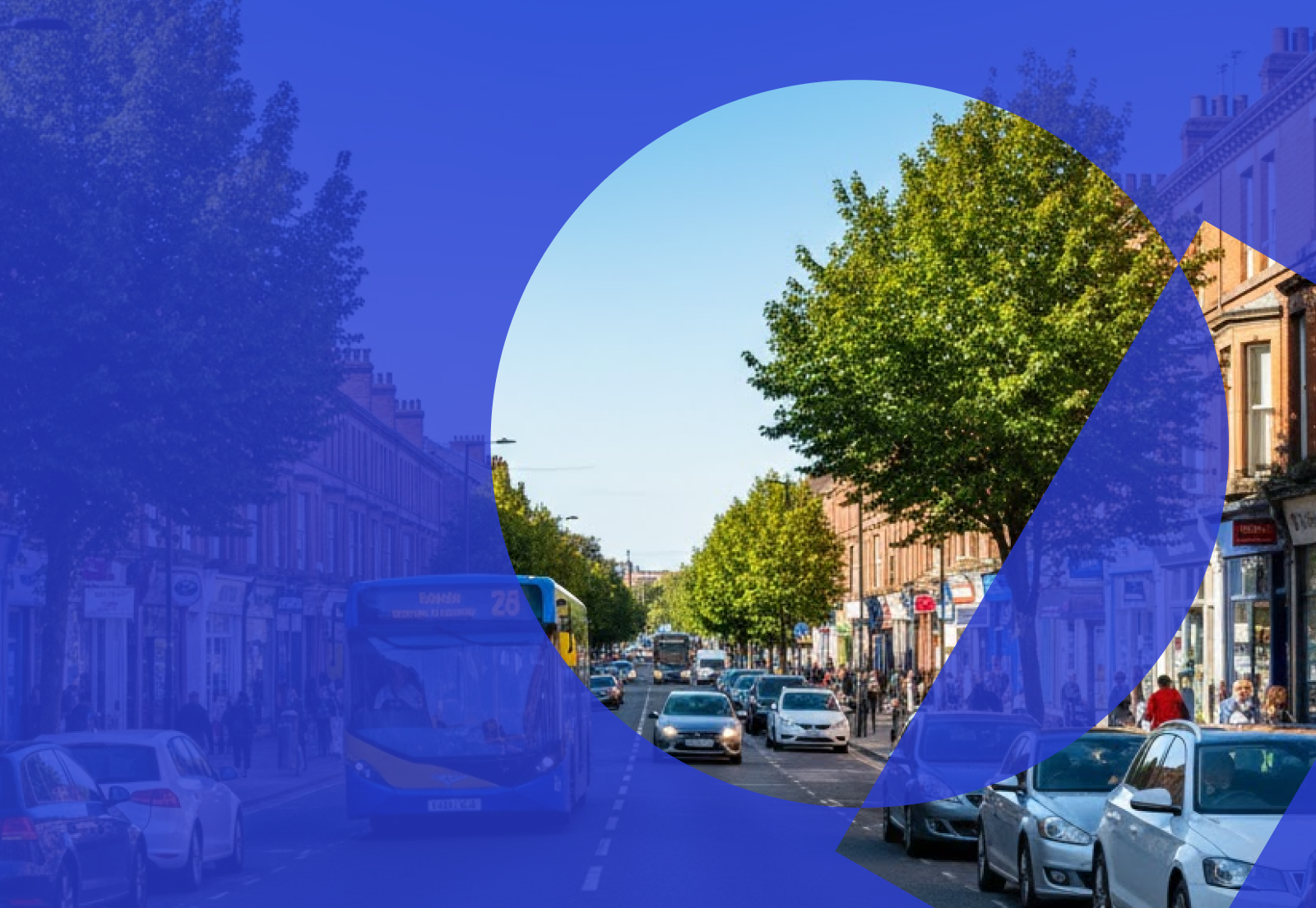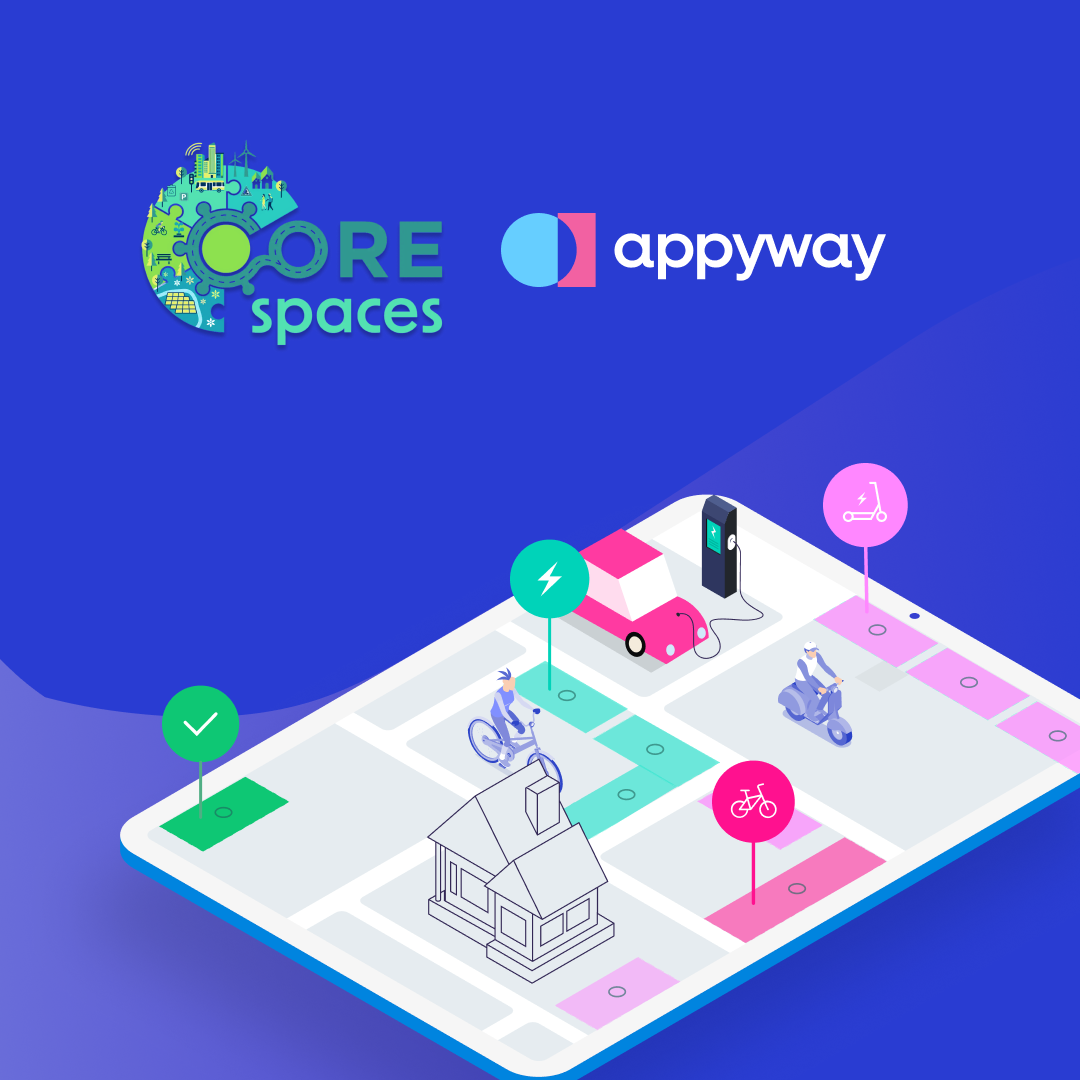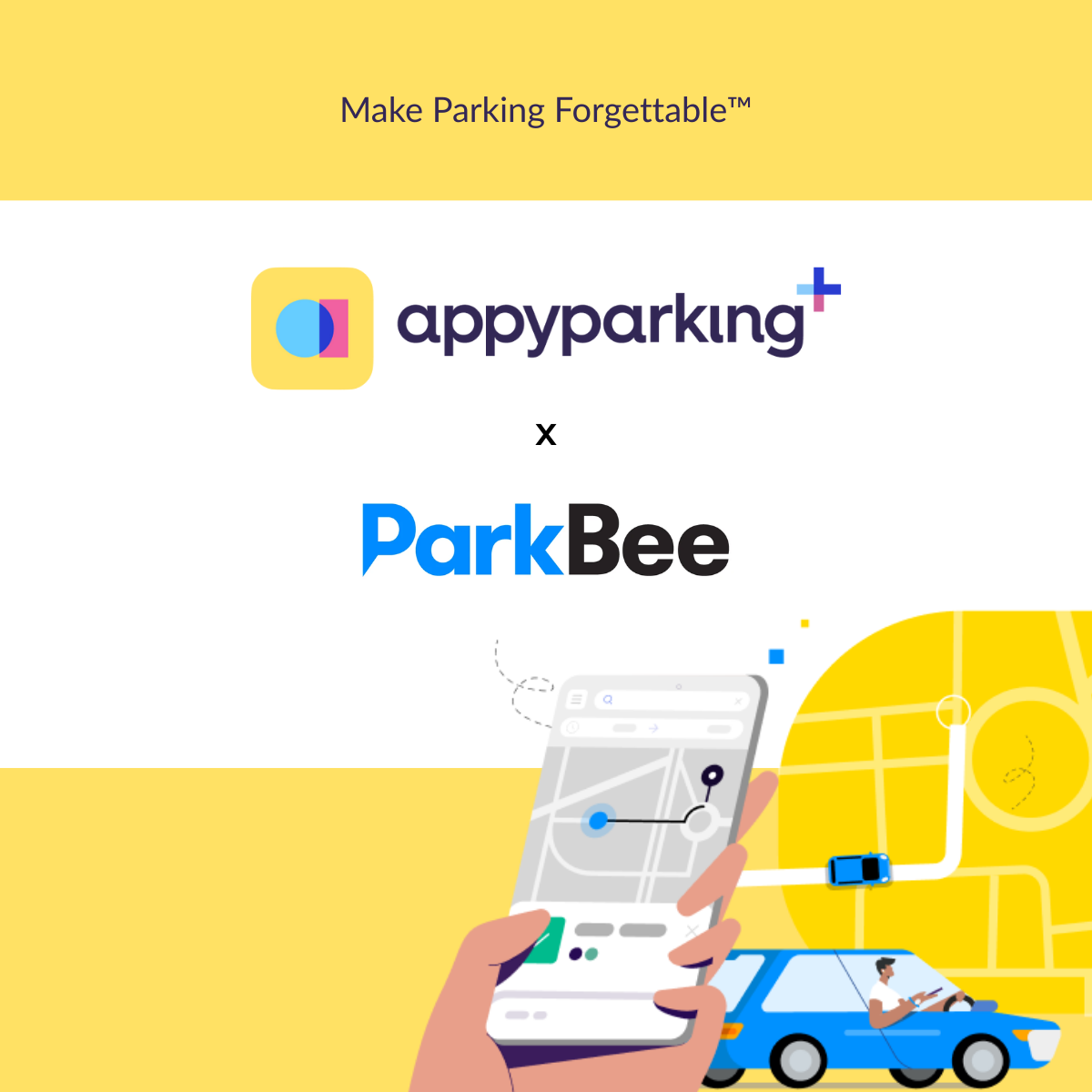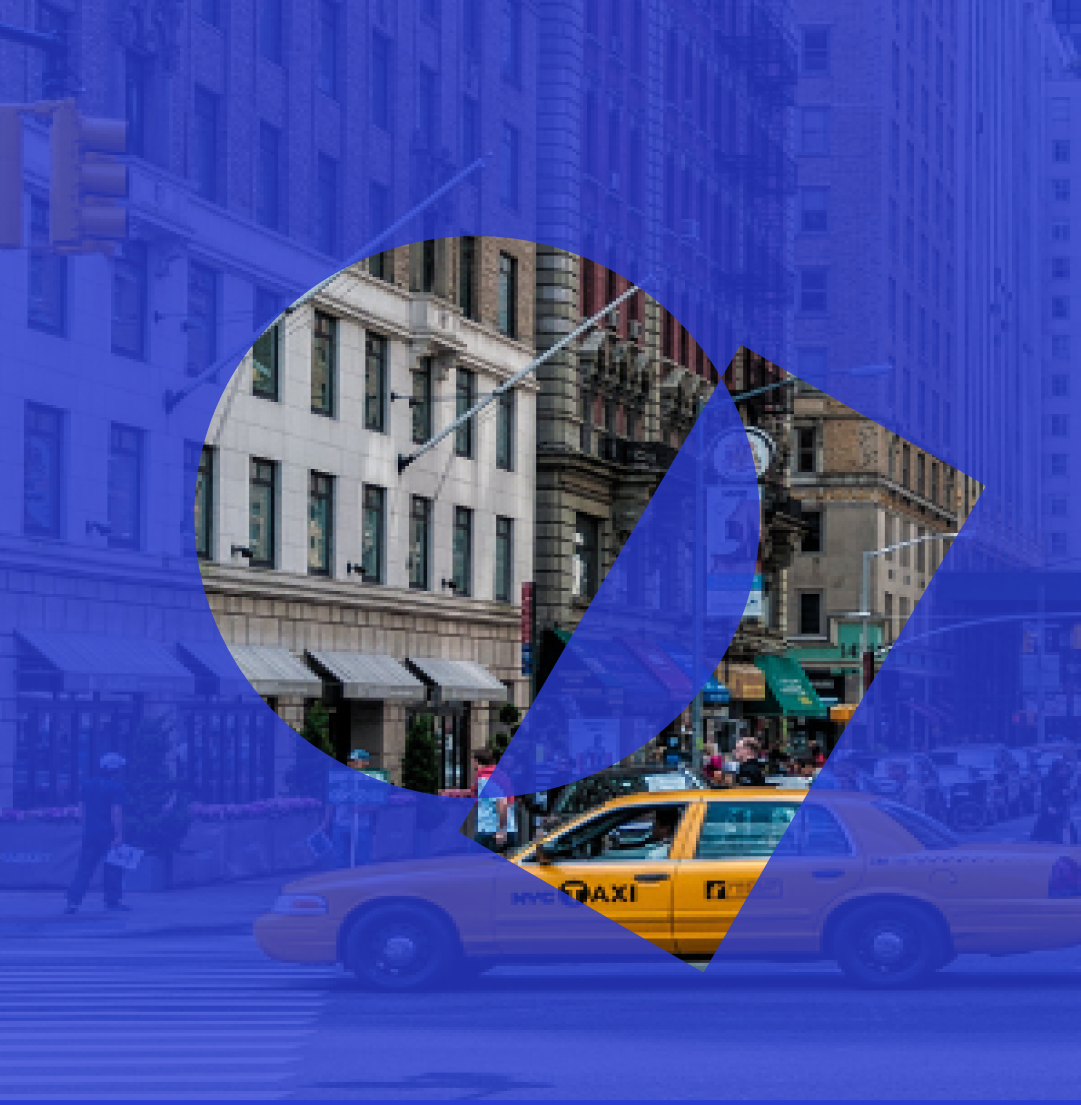On Tuesday 18th February Garry Thornton, Head of Marketing at AppyWay sat down with Paul Yewman, CEO of PostTag, and Ben Boutcher-West, Head of Mobility at AppyWay to discuss the challenges and trends for fleets in 2020 and beyond.
“Something big is happening. Habits are changing and changing in a way that is akin to the internet revolution of the 90’s.” – Paul Yewman
With e-commerce accounting for 87% of purchases in the UK, fleets and the cities they operate in are experiencing challenges unheard of a decade ago. But, as Paul points out, something big is happening. Habits are changing and changing in a way that is akin to the internet revolution of the 90’s. So to that end, let’s dive into the key topics from the webinar, explore what’s happening in the industry and the reasons why we can no longer rely on the traditional methods of managing fleets and making deliveries.

The Challenges
Government policy and “car free” towns
From local to national, around the globe governments are declaring a climate emergency. The UK government has been ordered by the courts to bring air pollution levels down to legal limits in the shortest possible time. One of the initiatives many towns and cities are turning to in order to mitigate this emergency and reduce pollution is “car free” town centres. York is the first UK town to announce such a scheme with plans to ban private car journeys from the city centre within three years. The ban would stop all non-essential private car journeys inside York’s city walls by 2023, with an exemption for people who rely on cars such as disabled residents.
Whilst these car bans tend to focus on private journeys, this still creates confusion for fleets as local authorities change and reduce access to the kerbside. Many fleets are finding that authorities are working in silos creating confusion around access from one borough or town to the next. It’s often the case that these initiatives are put into place with the policy changes left to play catch up meaning drivers and fleets alike receive conflicting messages.
EV’s and infrastructure limitations
With this pressure to modernise their fleets in line with greener policy initiatives, the big push has been to switch to electric vehicles, particularly for those that operate in dense urban areas. Some operators have already begun the move to EV but others are experiencing what’s known as “EV range anxiety”.
Fleet managers are questioning whether the EV infrastructure is in place for their drivers to recharge and ensure their schedules remain efficient. They are also questioning how they can manage their EV fleet and how many additional driver apps will be required.
Driver well-being
It’s not just the vehicles that fleet managers are looking modernise, driver management and well-being has become a big talking point. With drivers making upwards of 200 deliveries a day, the onus on the driver to “sort it out” in terms of scheduling and efficiency is changing with fleet managers increasingly becoming aware of the benefits of ensuring the right applications and tools are in place to improve driver happiness.
Innovation and fragmentation
The market is definitely changing and there is a willingness from fleets to embrace innovative solutions to these challenges. But the challenges tend to be looked at in isolation and the solutions often end up being fragmented.
Drivers are handling an increasing number of apps and fleet managers are often left unsure how to manage emissions, congestion, driver well-being, all whilst planning a drivers schedule in a smart and efficient way.
Looking ahead
These challenges might seem like a mountain to overcome but the market is ripe and has an appetite for change with governments and fleets alike driving the change. Both Ben and Paul commented that they are seeing procurement practices move away from procurement based on price, and instead procuring inline with CSR initiatives and KPI’s aimed at electrifying their fleet and reducing emissions.
Major changes will be driven by government legislation. Already we’re seeing local authority led initiatives such as smart loading bays and smart highways. There are calls for local authorities to manage their kerbside assets better through dynamic traffic orders.
Something AppyWay is ready to manage through the traffic order solution Mapper. Fleet locations and telematics are intelligent enough now to compliment the implementation of dynamic traffic orders.
Looking much further ahead
It’s highly likely that the first autonomous vehicles we will see on streets will be operated by fleets, in particular last mile delivery. Kerbside intelligence will become much more nuanced with greater insights into variables such as delivery during day versus night, or on a sunny day versus a rainy day.
What we’re missing, but where AppyWay and PostTag are leading the charge, is digitisation of the streets. AppyWay has digitisted the UK’s kerbside restrictions with over 450 UK towns and cities covered. This restriction data, the largest ever produced, can be ingested via API helping fleets lower parking spend, improving driver safety and reducing parking tickets. We can help local authorities and fleets move away from an enforcement model and promote happier driver experiences. This is done through compliance, real-time, and pay by the minute parking.
PostTag can provide final mile operators with pinpoint address accuracy via their simple to integrate API – drivers, couriers and riders appreciate being directed to addresses accurately without wasting valuable time searching. They do this by checking those addresses across multiple databases to ensure drivers aren’t being led up the garden path. PostTag gets drivers to the right front door first time, every time without asking the customer to take any additional steps, such as remembering a combination of 3 random words or an alphanumeric code. PostTag makes an address more precise saving delivery drivers an average of 90 seconds per delivery.
So what now? What can be done today? Contact AppyWay and PostTag, we can put you on the path to optimisation. Our data solutions complement existing driver applications and help you solve some of today’s fleet challenges. From eliminating “EV range anxiety” and reducing overall parking costs, to ensuring no deliveries are missed and having confidence in the accuracy of delivery addresses, we’re ready to help you optimise and get your fleet fit for the future.
The future of fleets looks bright…and green. Are you ready?






